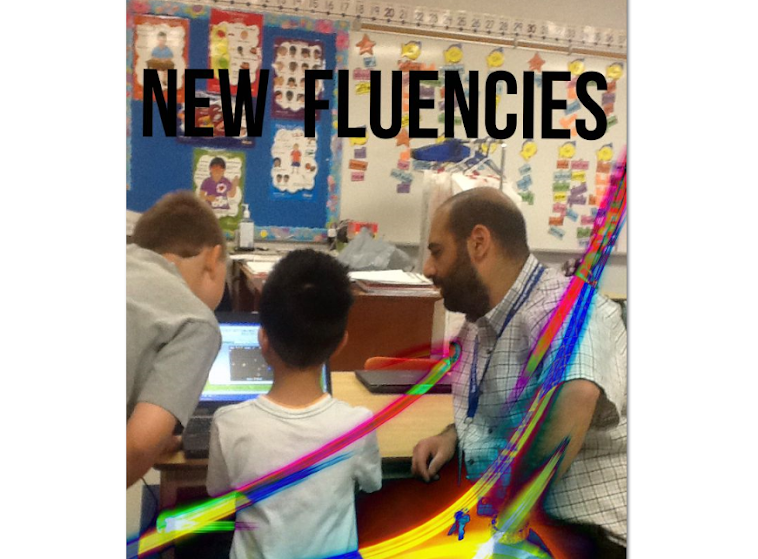Interestingly enough, Garder's perspective instantly reminded me of a document written by Regan Dore-Anderson and Michael Redfearn entitled "Ethical and Responsible Use of Information and Communication Technology - A Guideline for all Stakeholders in Catholic Education" (2009) ( http://www.catholiccurriculumcorp.org/Units/EthicalResponsibleICTDec.pdf ). Dore-Anderson and Redfearn (2009) provide a much needed and welcome guideline to assist educators in working with students to help imbue a solid moral foundation as they engage and make sense of todays digital technlogies. Waiting to react to innapropriate misuse of technology is not an option - it is up to educators to serve students better by being proactive around the meaningful and ethical ways to incorporate digital technologies into their daily lives (Dore-Anderson & Redfearn, 2009).
As a Catholic educator engaged in using digital technology to assist students with their learning, I am appreciative of Dore-Anderson & Redfearn's (2009) document. The team I am part of is all about guiding our students in positive ways as they grow and develop into reflective, responsible, life long learners who will go forth and transform our world for the better. As the team and I work with our students, we will no doubt refer to the above mentioned document as a beacon of our faith based perspective and to guide us in our teaching and learning as we work side by side with our students.
"Do not be afraid of new technologies! These rank “among the marvelous things”–inter mirifica–which God has placed at our disposal to discover, to use and to make known thetruth, also the truth about our dignity and about our destiny as his children, heirs of hiseternal Kingdom."
The Rapid Development - John Paul II - Apostolic Letter (2005)
(taken from Dore-Anderson & Redfearn, 2009, cover page).

No comments:
Post a Comment